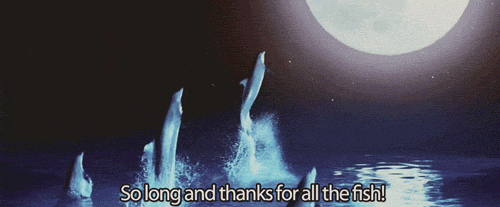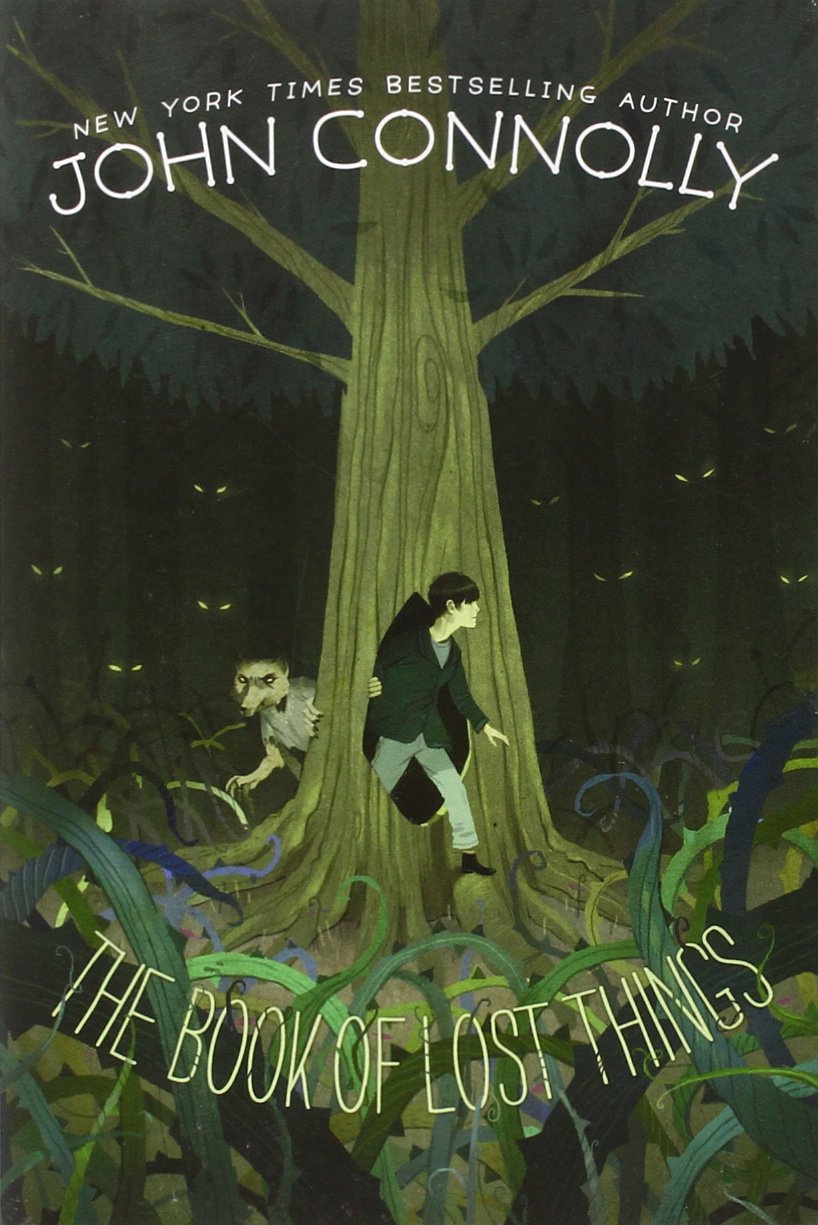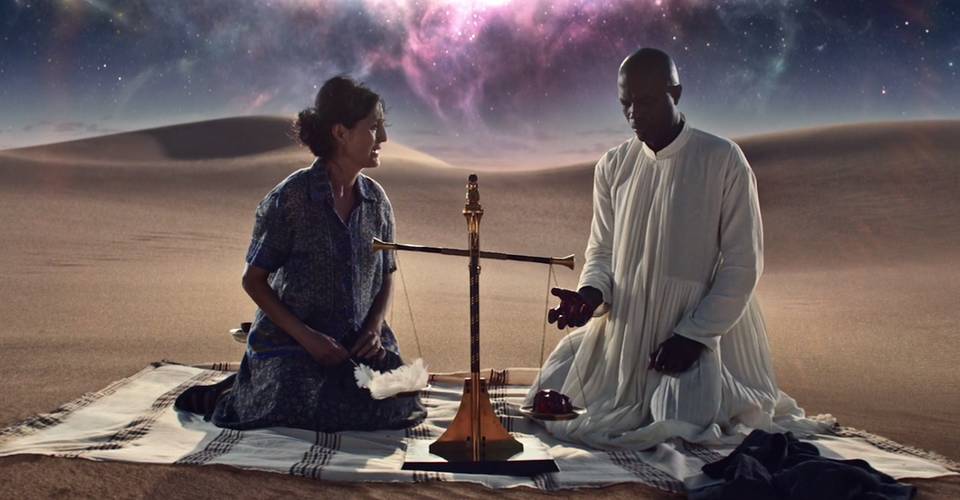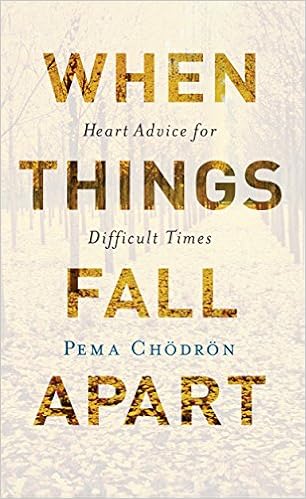I'm currently simul-reading a couple of different books, but I want to talk about one that I am in the middle of right now.
Amazon has
this to say:
The Power of Myth launched an extraordinary resurgence of
interest in Joseph Campbell and his work. [ . . . ] With Bill
Moyers, one of America’s most prominent journalists, as his thoughtful
and engaging interviewer, The Power of Myth touches on subjects
from modern marriage to virgin births, from Jesus to John Lennon,
offering a brilliant combination of intelligence and wit.
This
extraordinary book reveals how the themes and symbols of ancient
narratives continue to bring meaning to birth, death, love, and war.
This is a book that has sat on my bookshelves for years, and for some reason, when I finished When Things Fall Apart by the Venerable Pema Chodron, The Power of Myth reached out and grabbed me. I've been reading a fair number of philosophical or faith-based books, and at this point, I felt like it was time to change it up a little. This book touches on so many different topics, and I felt like I needed a book that took a different approach. This book is written in a bit of an unusual format compared to the other books I've discussed in the last six months.
In this one, Bill Moyers is interviewing Joseph Campbell. This long-form interview covers much of Campbell's works, but is particularly interesting because Moyers does not always agree with Campbell; in fact, they hash out some points of dissent over the course of the interview, further developing their own and each other's ideas.
As I have been on this journey of illness and self-discovery, weakness and epiphanies that have surprised me over and over again, I've realized many things about myself.
I am not always kind to myself. I have flaws that I'd prefer not to admit to, although I am sure that many of you have been witness to one or many of them. I have reserves of strength that reach deeper than I ever expected. I am even more stubborn than I ever thought I could be. People are complex.
I am complex.
In an early part of the interview, Campbell says,
"the only way you can describe a human being truly is by describing his imperfections. The perfect human being is uninteresting—the Buddha who leaves the world, you know. It is the imperfections of life that are lovable. And when the writer sends a dart of the true word, it hurts. But it goes with love. This is what [Thomas] Mann called 'erotic irony,' the love for that which you are killing with your cruel, analytical word" (Campbell and Moyers 3).
The flaws in life are what make life interesting, right? It is too common for people to try to gloss over the faults in our friends, our family, ourselves. Think of the last funeral you went to: I have been blessed; for me, it was 23 years ago. People spoke so kindly of the dead. You know, and I know, that we should not speak ill of the dead, right? I felt so uncomfortable speaking so kindly of the dead and erasing the essence of who this person was. Of course, that is not to say that this person had no positive qualities, but ignoring those flaws swept away that which made this person so important, so loved, so missed. Ignoring those flaws distorted my memories, even as I knew that people were merely trying to be kind.
But what did it mean that we, collectively, could not be honest with ourselves and each other about the true essence of this person? Why did we work so hard to pretend to ourselves and each other that there were only and exclusively good things to say about this person?
Moyers posits that
"what human beings have in common is revealed in myths. Myths are stories of our search through the ages for truth, for meaning, for significance. We all need to tell our story and to understand our story. We all need to understand death and to cope with death, and we all need help in our passages from birth to life and then to death. We need for life to signify, to touch the eternal, to understand the mysterious, to find out who we are" (Campbell and Moyers 4).
Anyone who knows me at all knows that my favorite book is The Hitchhiker's Guide to the Galaxy. I love it so much that I have a tattoo inspired from the book. In this book, among other things, they are trying to find the ultimate answer to life, the universe, and everything. The search for meaning appears to be a universal truth, contained within the pages of a British comedy trilogy and the pages within this more academic book about myth.
Something that I've always known about myself is that I love stories. I don't think that this makes me unique; stories tie us together, keep us together, bind us to each other. I love books, movies, tv shows,
any medium that tells a story. This is part of what brought me to teaching at the community college. There is so much tucked away within the stories we read, the stories we tell each other, and it is far too easy to feel separated from each other when we are allowed to forget the universality of these stories.
I
miss teaching. One of the best parts of teaching, for me, is getting to see the look of recognition on a student's face as they realize that this or that experience is not unique to their own life. I have interacted with so many students who feel alone in their experiences, singled out, on their own. Outcast, out of place, rejected. Having the opportunity to build connections and community with my students through shared stories has been the single most fulfilling part of my life. Finding shared meaning is so rewarding.








